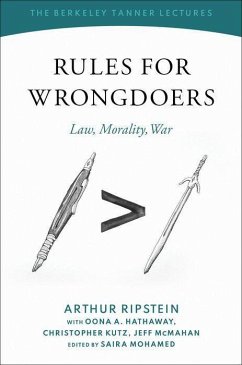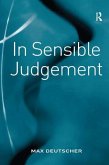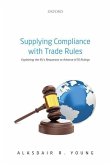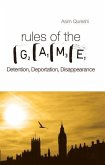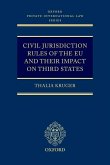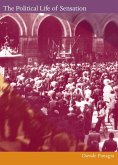Arthur Ripstein's lectures focus on the two bodies of rules governing war: the ius ad bellum, which regulates resort to armed force, and the ius in bello, which sets forth rules governing the conduct of armed force and applies equally to all parties. Ripstein argues that recognizing both sets of rules as distinctive prohibitions, rather than as permissions, can reconcile the supposed tension between them. In his first lecture, "Rules for Wrongdoers," he explains how moral principles governing an activity apply even to those who are not permitted to engage in them. In his second lecture, "Combatants and Civilians," he develops a parallel account of the distinction between combatants and civilians. The book includes subsequent essays by commentators Oona A. Hathaway, Christopher Kutz, and Jeff McMahan, followed by a response from Ripstein.
Hinweis: Dieser Artikel kann nur an eine deutsche Lieferadresse ausgeliefert werden.
Hinweis: Dieser Artikel kann nur an eine deutsche Lieferadresse ausgeliefert werden.

